Who Can Apply for Humanitarian and Compassionate in Canada: Complete Guide
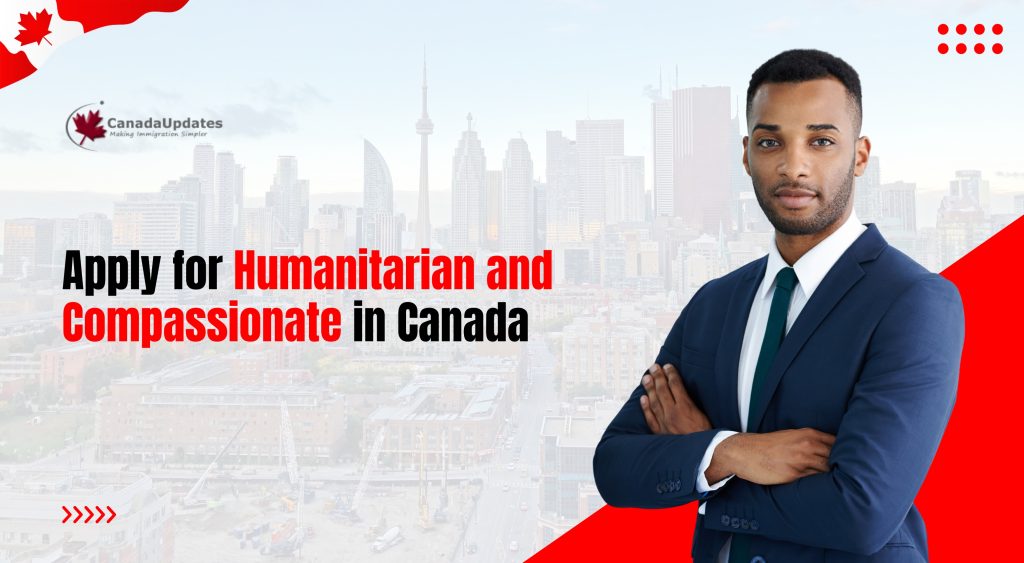
Immigrating to Canada- while the policies have been designed to make it easier for anyone to assess their eligibility or otherwise and make a move accordingly, yet in some cases, one can get stuck in unique and compelling circumstances that don’t fit neatly into standard immigration categories. This is where Canada’s Humanitarian and Compassionate Consideration comes into play, offering a lifeline for those with exceptional needs.
Here we discuss the intricacies of H&C consideration in Canada to discuss who can apply for Humanitarian and Compassionate Considerations and what factors are taken into account.
Understanding Humanitarian & Compassionate Consideration in Canada?
Humanitarian and Compassionate Consideration is a provision within Canada’s immigration law that allows the Minister of Immigration, Refugees and Citizenship Canada (IRCC) to grant permanent residence or temporary resident status to individuals who would not otherwise qualify under the standard rules and regulations.
This discretion is exercised in exceptional cases where there are strong humanitarian and compassionate grounds. It’s essentially a safety net designed to address unique and often unforeseen circumstances that would cause undue hardship if the regular rules were strictly applied.
Why Humanitarian and &Compassionate Applications Matter for Canadian Immigration?
Humanitarian and Compassionate applications are a vital aspect of Canada’s immigration system because they reflect the country’s commitment to fairness, empathy, and human rights. They acknowledge that strict adherence to immigration laws might not always be just or equitable in every situation.
Humanitarian and Compassionate Consideration is specifically helpful in the following scenarios:
- Provide a pathway for individuals facing serious medical conditions, family separation, or other significant hardships.
- Unique circumstances and to consider factors that are not typically assessed under standard immigration programs.
- To provide refuge and support to those in genuine need.
- Maintain flexibility within the immigration system to ensure that the system addresses hardships to immigrants in compelling circumstances.
Who Can Apply for Humanitarian and Compassionate Consideration in Canada?
There isn’t a specific “H&C application category” with predefined eligibility criteria. Instead, any foreign national can request H&C consideration as part of an application for permanent residence or temporary resident status, or even if they are already in Canada without status. However, there are some general guidelines and
- No specific category: You don’t need to belong to a particular group to apply. Each case is assessed individually based on its unique merits.
- Inadmissibility: Even individuals who are otherwise inadmissible to Canada (e.g., due to certain criminal convictions or health issues) can request H&C consideration, although the grounds for approval will need to be very strong.
- Exclusions: There are some limitations. For instance, individuals whose refugee claim has been rejected by the Refugee Protection Division (RPD) and who have not had a Pre-Removal Risk Assessment (PRRA) may face restrictions on applying for H&C consideration within a certain timeframe.
- Best Interests of a Child: The best interests of any child directly affected by the application are a primary consideration in H&C cases.
The following Table summarises who would be eligible to make the application for H&C Consideration and who will not be eligible.
Who May Use This Application | Details |
Eligible if: | 1. Foreign national currently living in Canada – Need exemption from IRPA requirements to apply for PR within Canada 2. Not eligible for other PR classes but believe circumstances justify H&C |
Not eligible if: | 1. Canadian citizen, permanent resident 2. Pending H&C decision 3. Outstanding refugee claim 4. Refugee claim rejected/abandoned/withdrawn within 12 months (exceptions apply) |
It must be noted that the success of the Humanitarian and Compassionate (H&C )Consideration application depends heavily on the compelling nature of the humanitarian and compassionate grounds presented.
Key Factors Immigration Officers Consider in Humanitarian and Compassionate Cases
Some key elements that generally influence the decision of Immigration officers while approving or rejecting H&C applications are:
- Best Interests of a Child: This is a paramount consideration. If a child is directly affected by the application, their well-being and development will be a primary focus.
- Hardship to the applicant: The level of hardship the applicant would face if they were required to leave Canada or were denied permanent residence. This can include medical hardship, financial hardship, emotional distress, and lack of support in their home country.
- Establishment in Canada: The degree to which the applicant has become established in Canada. This can include factors like employment history, community involvement, education, and ties to family and friends.
- Family Ties in Canada: The presence and strength of family relationships in Canada. Having close family members who are Canadian citizens or permanent residents can significantly strengthen an H&C application.
- Persecution or Risk in Home Country: While this often falls under refugee protection, it can also be a factor in H&C cases if the risk doesn’t meet the strict definition of a refugee.
- Unique or Exceptional Circumstances: Any other compelling factors that demonstrate the applicant’s unique situation and why an exception to the standard rules is warranted.
Making application for the grant of a Permanent Resident Visa for Canada on Humanitarian and Compassionate Consideration
There isn’t a specific application form solely for H&C consideration. Instead, you typically request H&C consideration when applying for permanent residence or temporary resident status through an existing immigration program, or by submitting a separate request to IRCC if you are already in Canada. The process generally involves:
- Identifying the appropriate application form: Depending on your situation (e.g., applying for permanent residence from within Canada, applying for a work permit), you will use the relevant application form.
- Providing a detailed explanation: You must clearly and comprehensively explain the humanitarian and compassionate grounds for your request. This is the most crucial part of your application.
- Submitting supporting documentation: Include any evidence that supports your claims, such as medical reports, letters from doctors or community members, proof of establishment in Canada, and documentation of family ties.
- Paying the required fees: Standard fees as may be prescribed from time to time apply.
Alternatives to Humanitarian and Compassionate Consideration
These alternatives can be helpful to have a permanent or temporary resident visa in case you do not have strong grounds to make an H&C application:
- Standard Immigration Programs: Programs like Express Entry (Federal Skilled Worker Program, Federal Skilled Trades Program, Canadian Experience Class), Provincial Nominee Programs (PNPs), and family sponsorship.
- Refugee Protection: If you fear persecution or are at risk of torture in your home country, you may be eligible for refugee status.
- Temporary Resident Permits (TRPs): If you have valid reasons to be in Canada but are inadmissible, you might be able to obtain a Temporary Resident Permit.
Tips for a Strong Humanitarian &Compassionate Application
These tips may increase your chances of success in a Humanitarian and Compassionate Application:
- Make a very comprehensive application: Clearly explain all the humanitarian and compassionate factors relevant to your case. Don’t leave out any important details.
- Provide Strong Evidence: Back up your claims with solid documentation. This could include medical reports, letters of support, financial records, and any other relevant evidence.
- If your application involves children, emphasize how remaining in Canada is in their best interests.
- Highlight Your Establishment in Canada: If you have been living in Canada, provide evidence of your integration into Canadian society, such as employment, community involvement, and volunteer work.
- Seek Legal Advice: Consulting with an experienced immigration lawyer or consultant can significantly improve your chances of success. They can present your case most effectively.
- Be Honest and Transparent: Ensure all information provided in your application is accurate and truthful.
Processing Times to Get the H&C Application Processed
Processing times can vary but typically range between two to three years for in-Canada applications, though in exceptional circumstances this can be processed within 4-6 months.
Frequently Asked Questions (FAQs) about Humanitarian & Compassionate Consideration
Can I apply for H&C consideration from outside Canada?
Yes, it is possible to request H&C consideration from outside Canada as part of an application for permanent residence or temporary resident status. However, these applications are generally more challenging to get approved than those made from within Canada.
Is there a specific application form for H&C consideration?
No, there isn’t a separate form. You typically request H&C consideration within the application form for the immigration stream you are applying under, or by submitting a separate letter and supporting documents to IRCC if you are already in Canada.
How long does it take to process an H&C application?
Processing times for H&C applications can vary significantly depending on the complexity of the case and the volume of applications being processed by IRCC. The processing time can usually be within 2-3 years, though in some exceptional cases, the same has been processed within 6 months.
Do I need a lawyer to apply for H&C consideration?
While it is not mandatory, it is highly recommended to seek legal advice from an experienced immigration lawyer or consultant. They can provide invaluable assistance throughout the application process.
What happens if my H&C application is refused?
If your H&C application is refused, the next steps will depend on your immigration status in Canada. You may have options for appeal or judicial review, or you may be required to leave Canada.
Can family members be included in my application?
Yes, family members can be included if they are directly affected by the application’s outcome.
Will IRCC consider my children’s education and social ties?
Absolutely. The best interests of children are a major consideration in H&C decisions.
Finally
Humanitarian and Compassionate Consideration in Canada offers a crucial option to individuals facing exceptional circumstances that fall outside the standard immigration rules. Though the application process can be complex and requires a strong demonstration of compelling grounds, if represented well, it offers good chances to get a Resident Visa in Canada (Temporary or Permanent).
About Post Author
Terry
Terry, a writer and immigration expert with 10+ years as a content creator and advocate, helps newcomers navigate Canada’s system. Collaborating with consultants and agencies, Terry decodes PR risks and job challenges in trusted blogs. A storyteller and maple syrup fan, Terry authored a popular guide for new Canadians.

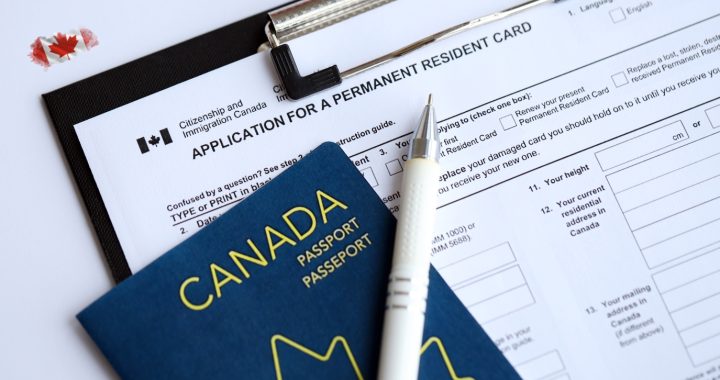 Estimate of Total Cost to Get Permanent Resident Status in Canada as Updated in 2025
Estimate of Total Cost to Get Permanent Resident Status in Canada as Updated in 2025 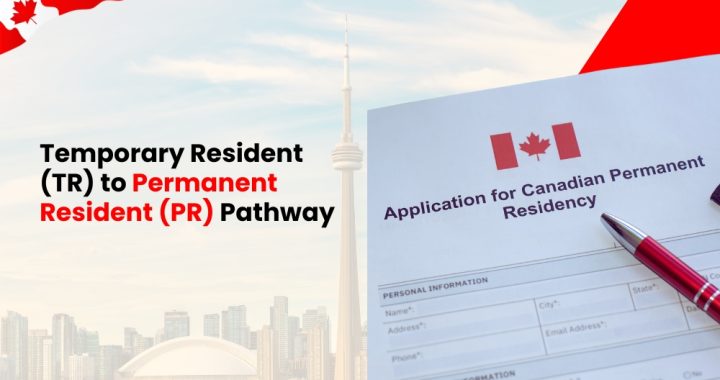 From Temporary to Forever: Your Ultimate Guide to Canada’s Temporary Resident to Permanent Resident Status in 2025
From Temporary to Forever: Your Ultimate Guide to Canada’s Temporary Resident to Permanent Resident Status in 2025 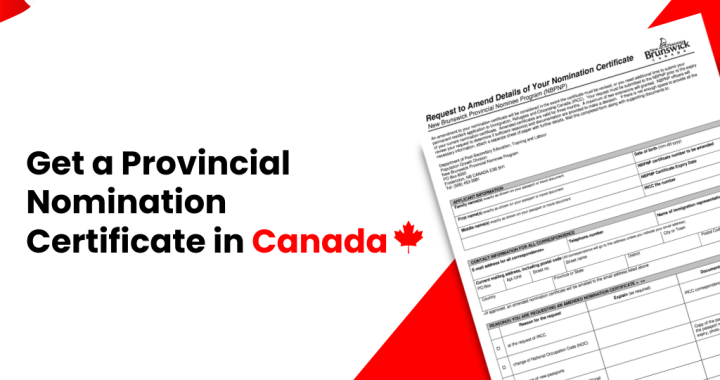 How to Get a Provincial Nomination Certificate in Canada
How to Get a Provincial Nomination Certificate in Canada  Can Americans Work in Canada?
Can Americans Work in Canada?  How to Convert a Visitor Visa to a Work Permit in Canada
How to Convert a Visitor Visa to a Work Permit in Canada 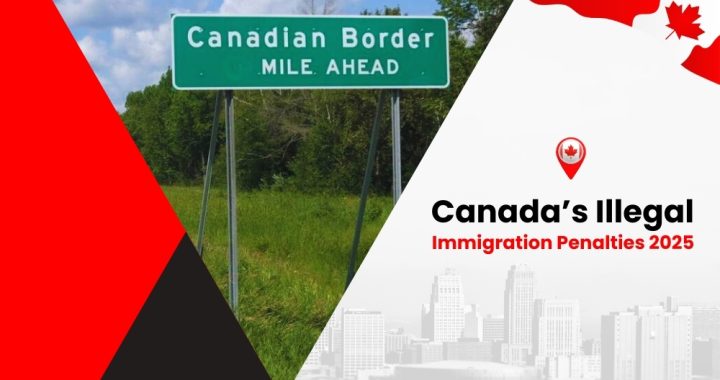 Canada’s Illegal Immigration Penalties 2025
Canada’s Illegal Immigration Penalties 2025 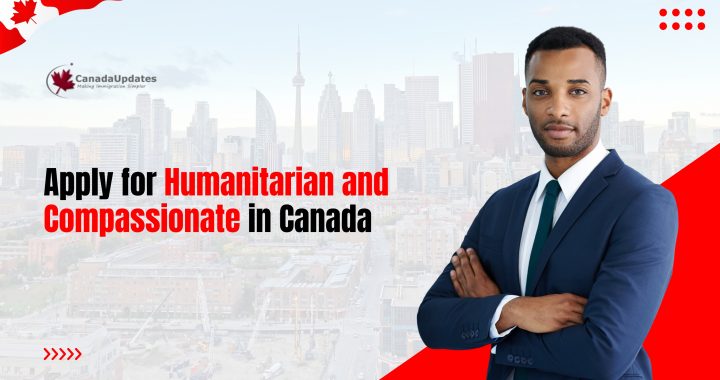 Who Can Apply for Humanitarian and Compassionate in Canada: Complete Guide
Who Can Apply for Humanitarian and Compassionate in Canada: Complete Guide